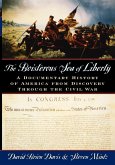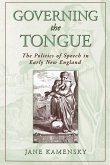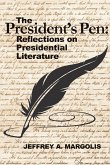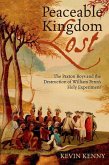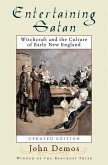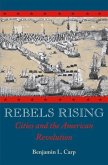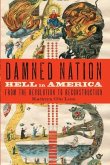Calloway unfurls this panoramic canvas with vibrant narrative skill, peopling his tale with memorable characters such as William Johnson, the Irish baronet who moved between Indian campfires and British barracks; Pontiac, the charismatic Ottawa chieftain; and James Murray, Britains first governor in Quebec, who fought to protect the religious rights of his French Catholic subjects. Most Americans know the significance of the Declaration of Independence or the Emancipation Proclamation, but not the Treaty of Paris. Yet 1763 was a year that shaped our history just as decisively as 1776 or 1862. This captivating book shows why. Winner of the Society of Colonial Wars Book Award for 2006
In this captivating volume in the acclaimed Pivotal Moments series, Calloway reveals how the 1763 Treaty of Paris had a profound effect on American history, setting in motion unexpected consequences, as Indians and Europeans, settlers and frontiersmen, all struggled to adapt to new boundaries, alignments, and relationships, and shows how and why.
Hinweis: Dieser Artikel kann nur an eine deutsche Lieferadresse ausgeliefert werden.
In this captivating volume in the acclaimed Pivotal Moments series, Calloway reveals how the 1763 Treaty of Paris had a profound effect on American history, setting in motion unexpected consequences, as Indians and Europeans, settlers and frontiersmen, all struggled to adapt to new boundaries, alignments, and relationships, and shows how and why.
Hinweis: Dieser Artikel kann nur an eine deutsche Lieferadresse ausgeliefert werden.


